Swiss photographer Martin Guggisberg isn’t your typical pageant devotee. He came to them through his work as a newspaper photographer — after spending a day on assignment at a pageant, he found himself increasingly interested in the people that populated the strange world. The women stood glossy and smiling on stage while the judges and audience members basked in their tense glow.
When artists explore the beauty industry, or any subculture ruled by perfection, they usually conclude it’s the territory of the insecure and delusional. But Martin’s takeaway feels different: he suggests that for many beautiful things, it’s natural to seek display. And after all, it’s only human to wonder how you compare to others. Martin explores these ideas in the photo book Miss, a product of four years, dozens of contests, and a whole lot of outfit changes.
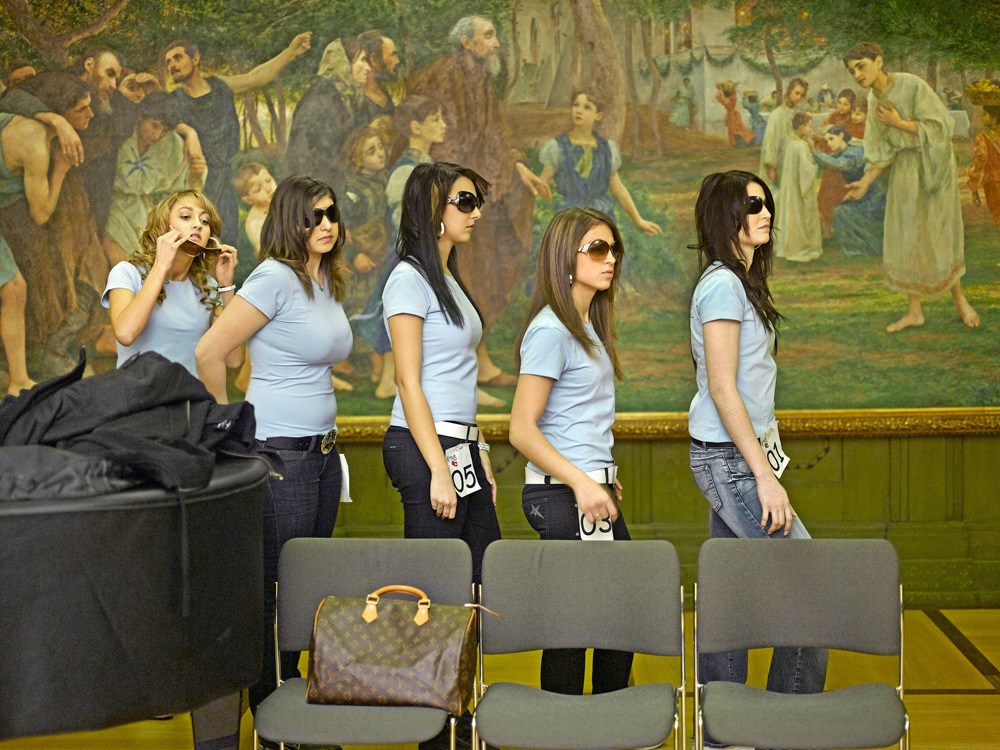
Were you always interested in beauty pageants?
The project started with an assigned job for a national newspaper that was covering a local competition. Then I realised the potential for the topic: it was such a strange and unknown world to me. The project took about four years; I attended more than 26 contests. I wasn’t specifically interested in beauty pageants, I am still not interested, my focus was always the humans that took part.
This is really more about what happens behind the scenes. Were you ever surprised by what you saw?
Backstage is more important than any action on stage. I was actually never shocked, from the beginning I was more amused or rather sad about what has been done to these girls. At first I thought of the spectators and performers: why do these people spend their free time with this? But then I saw how differently the world could be experienced.
It’s all about the different dreams and goals of the women, their parents and friends. I learned to not look down on their motivations. Some see it as a chance or a career opportunity — even if that might sound a bit strange. Once we had a Miss Switzerland that did work as an actress some years later. Also it has to be said, there have always been very intelligent young women taking part in these events who just want to try out their level of beauty. That’s something you’re legitimately interested in when you’re young and finding out about life.
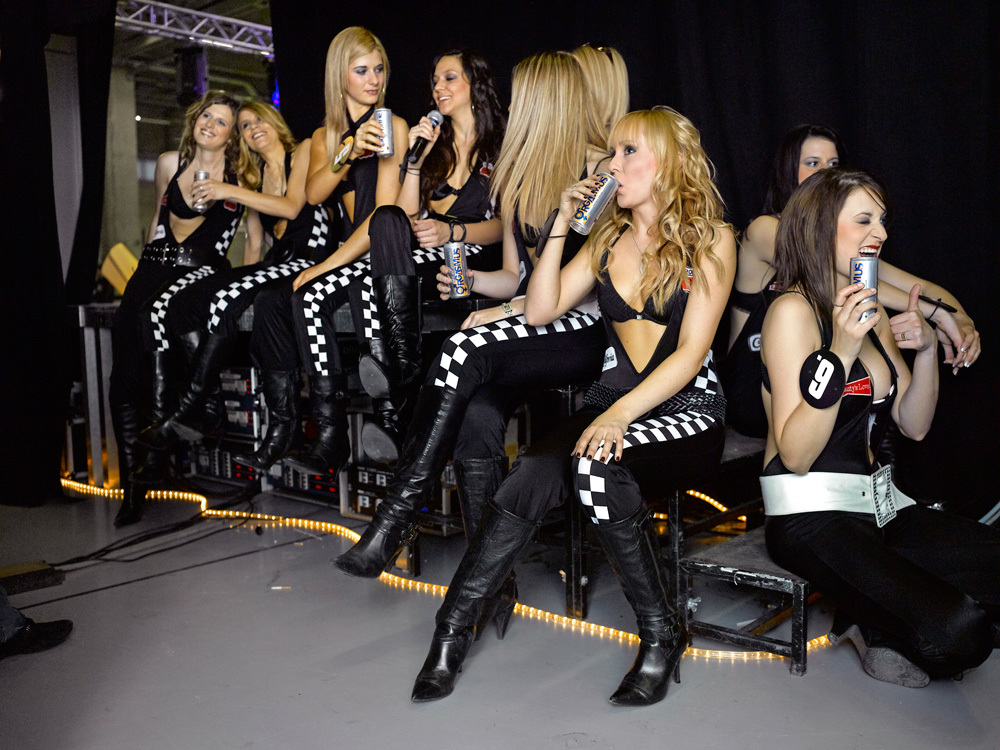
So sometimes you saw it as a legitimate form of personal exploration?
Yes, I have to point out as well that it really matters what kind of contest it was. Miss Handicap was a truly human event where young handicapped women fought for more acceptance in society.
How did the community treat you, were they welcoming?
That was the easy part: you are dealing with a bunch of youngsters that want to have their picture taken. Although most of them didn’t know what the project was about, they had a positive attitude towards standing in the limelight.

Beauty pageants have become the butt of so many jokes, did they ever think you were there to make fun of them?
In the book and while taking the photographs, it was crucial not to make fun of anyone. But most of the time I don’t think they were aware that any of this could be perceived as funny: they were confident of themselves. When editing the images I was careful to choose ones that avoided cheap laughs at the expense of contestants.
After seeing so many shows, did you begin to look on them more fondly or more critically?
I was more critical in the beginning, with time I got more relaxed about it. Actually, I was getting more and more bored and fed up of these events. I was very happy to not to have take part any longer. When the book was published I was asked to be a jury member in one of the contests. I said no, it’s fine if you find fulfilment there, but it’s not my thing. I learned to let people have their own fun, and I would say to be more tolerant. Those contests are just a mirror of a society: there is no deep truth to these events. We live in a highly capitalistic world where it all became about selling and buying. Everything has its price tag.

How did you observe people treating these women?
It differed from contest to contest. The guy that had organised the Miss Car Tuning contest saw those girls as sexual objects, or even more brutally, they were like goods of trade. I could see in his eyes all he cared about was that he had a free model he could use at car shows. Apart from that there wasn’t any unusual treatment. There has always been strong competition; you could sense the ambitions, the stress and the fear of losing.
I have to ask: one of the pictures is of an electrical screwdriver, what was that used for?
It was a lady screwdriver, Swarovski Diamonds has been mounted on it. The contest was for a do it yourself shopping centre that wanted to promote handymen, or handywomen. It was called Miss Do It Yourself, the ladies had to paint a wall and fix some things.
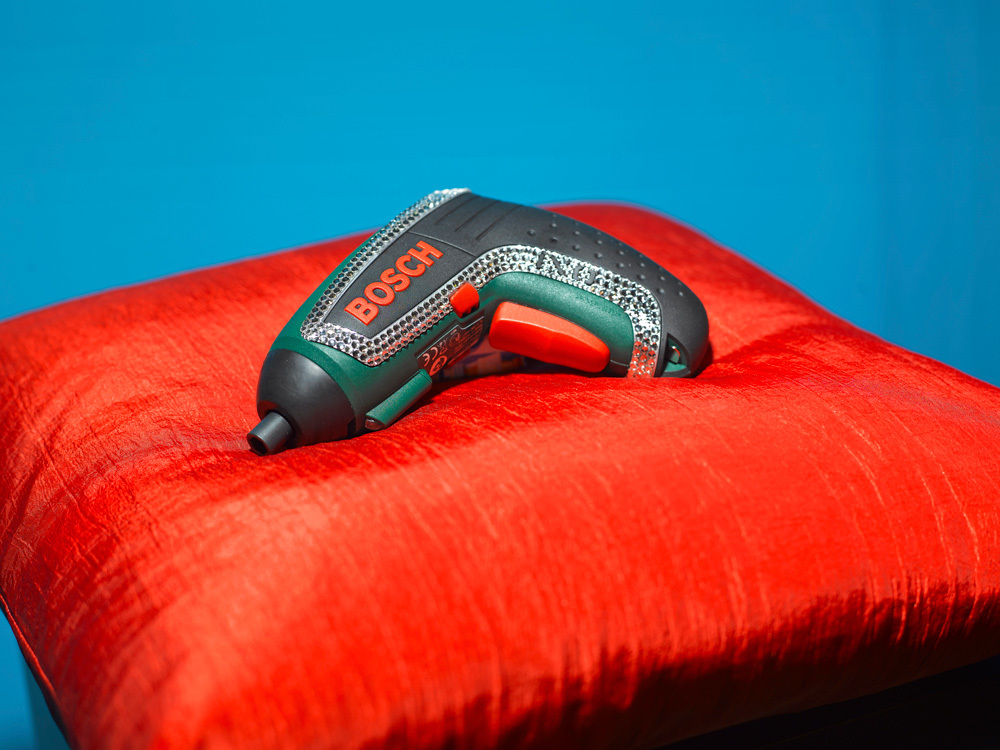

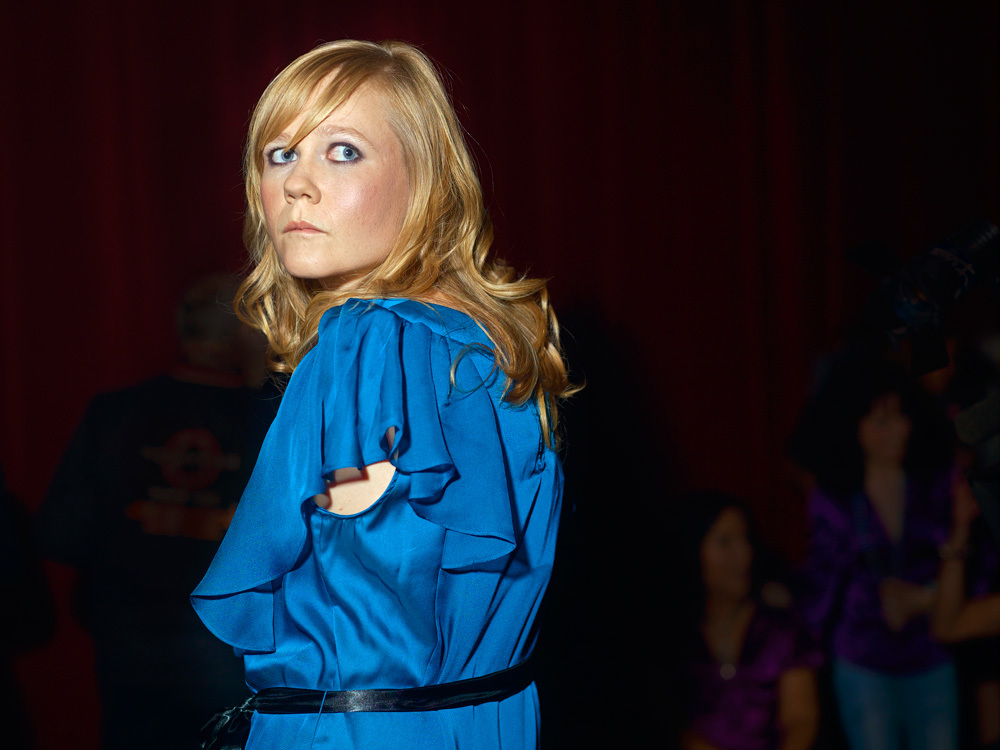
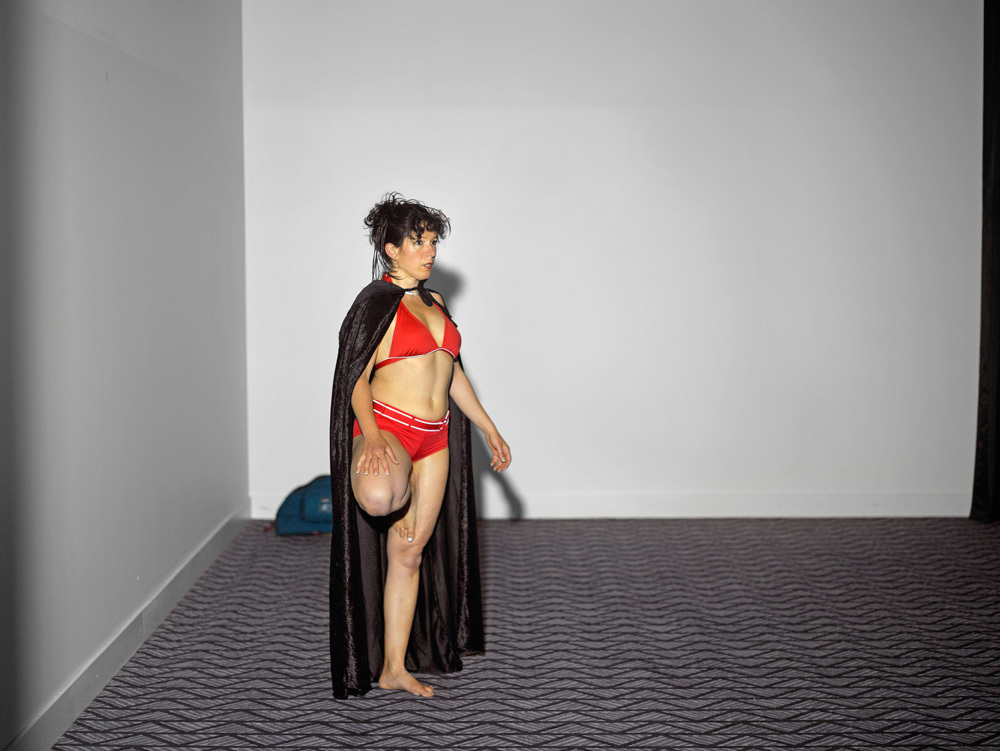
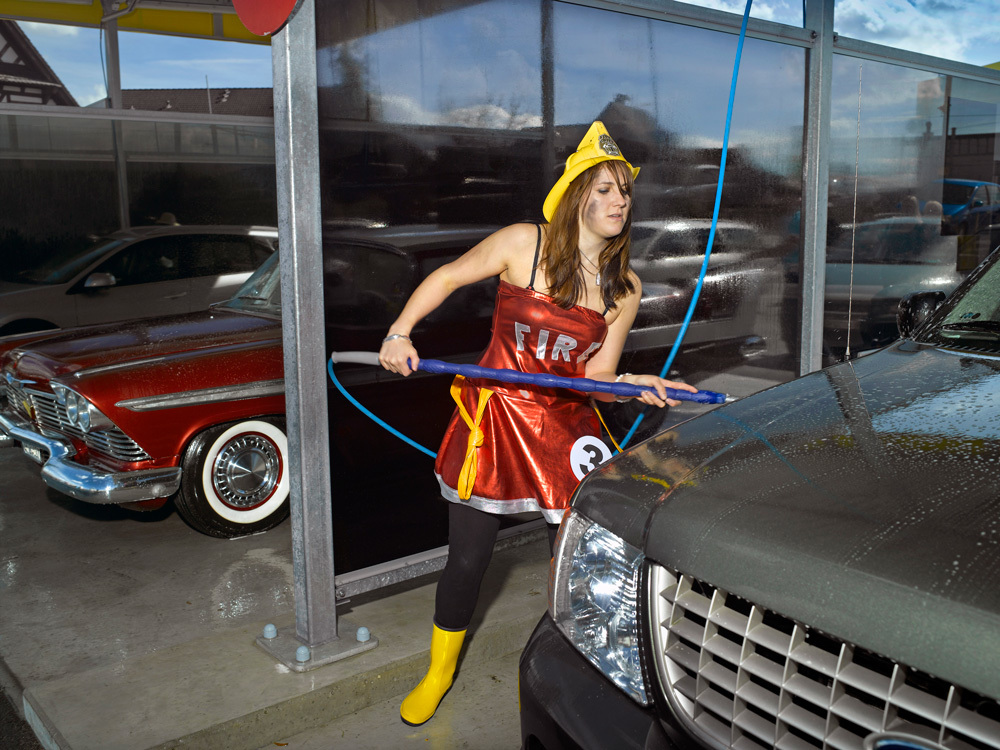
Credits
Text Wendy Syfret
Photography Martin Guggisberg
